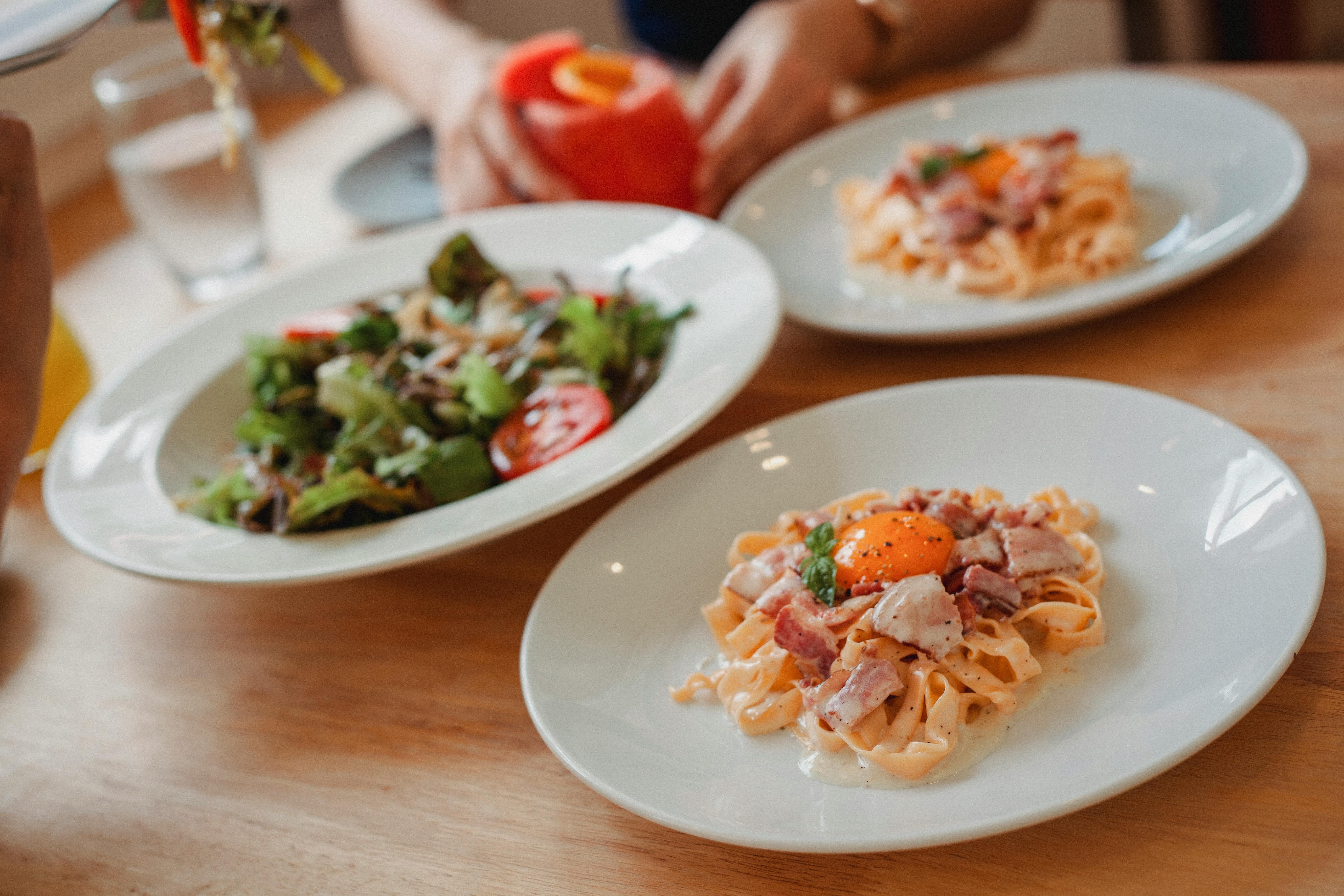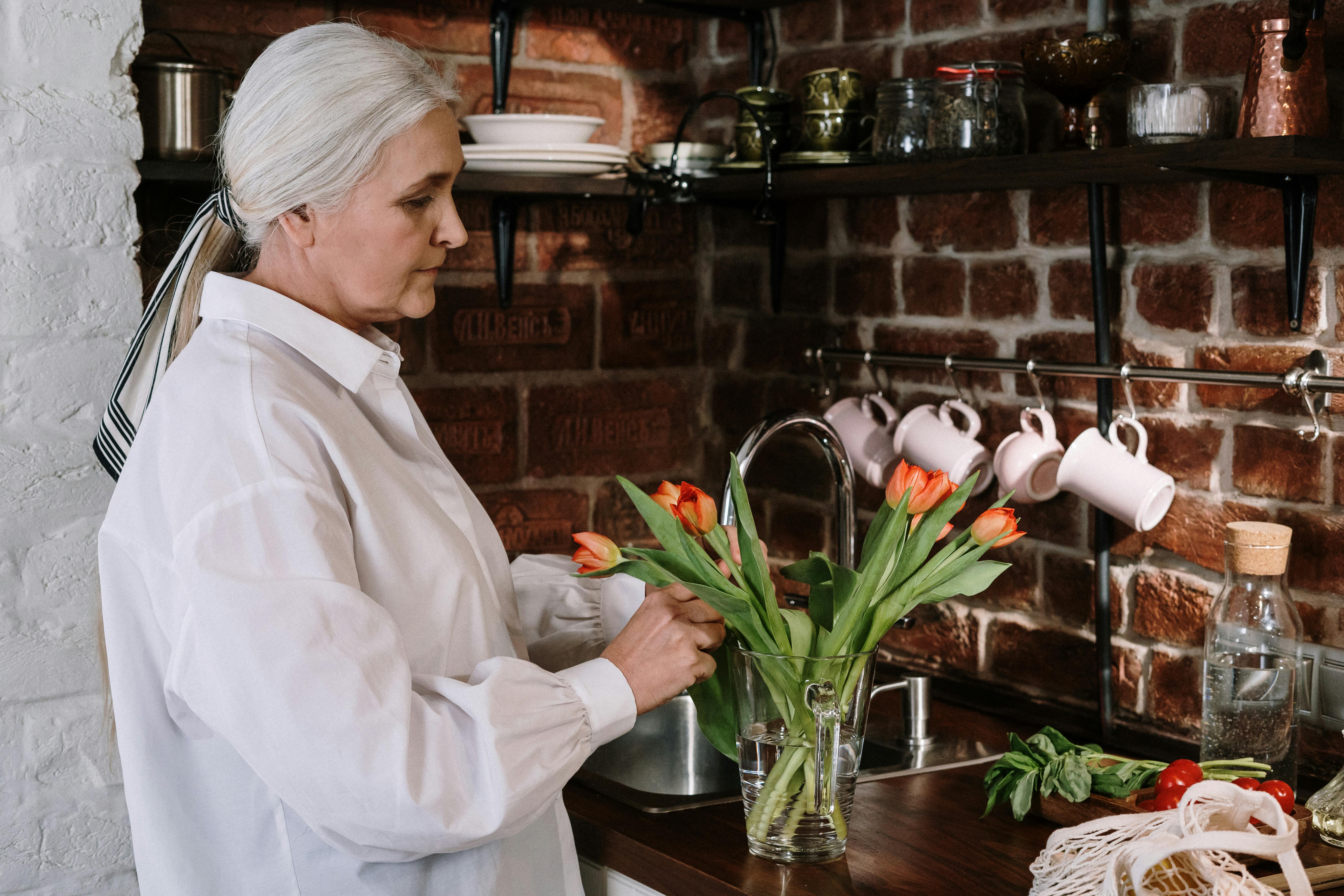My siblings and I, ten in all, lived in Onitsha, but as children we celebrated most of our Christmases in Akokwa, a town in Imo State in Nigeria where our parents were born.
The anticipation of wearing new clothes to church services kept all the kids in the neighborhood excited about each coming Christmas. For us, Christmas does not exist without the smell of new clothes.
We also wore new shoes, but new shoes were never as colorful as our new clothes. Toys did not exist and never crossed our minds.
The visits to the next Christmas made to measure more real and the trip from Onitsha to Akokwa more imminent. November would be the sign that would drive our mother to take us to measure ourselves.
You might think that only the rich have their clothes tailored. Not in the sixties and seventies! This period was an era of patriotism, when Nigerians were fed up with British rule and parents scoffed at anything foreign-made.
We had a tailor that all the children would envy. A wide smile was always drawn on his narrow face when he saw us. Our tailor was already an adult, but he was still in an age range where every smile doesn’t leave a furrow on the face.
A notebook with the back cover peeled off and the inside pages wrinkled, with its stump of red clay inside a pencil, always rested on the corner of a brown wooden desk. Next to him on the desk was his manual sewing machine.
Affectionately known as ‘uzo na akpu akwa’, the sculptor who sews clothes, made sure our shirts and trousers fit us comfortably.
In her shop, my brothers and I would marvel at the different varieties of fabrics, stacked on wooden shelves along the wall, from which we could choose.
Fabrics decorated with rose, iris, tulip and hibiscus petals, or animal shapes such as giraffes, lambs or zebras, dazzled our faces and minds. Most of the time, after hours of having fun, we would end up wearing elephant, zebra, or pink uniforms.
Everyone has a turn with the tailor. From the point of the shoulder, the tailor would run a tape measure down to the wrist. Then he stretched the tape across his back to measure the distance between the points of his shoulders. Next, he measured the chest circumference, the abdominal circumference, and the circumference around the wrists.
Sometimes after each measurement, the tailor wrote the numbers down in the notebook. On other occasions he chose not to write his numbers. That whim in an adult worried me then, but no longer; Now I realize how capricious we are as adults.
On Christmas Day, the children hurried their baths to get dressed in their new clothes. The adults started early to prepare the meal so that the children would have something to eat when they returned from the church service.
Those brothers old enough to dress themselves would. Others, like me, still under five and still unable to dress independently, would line up and wait for Mother’s help.
Mom would roll up a sleeve of her shirt and I would put on my left hand and arm. Then he would pull the shirt down my back, allowing me to insert my right hand and straighten my shoulders. She was pulling the front hem of the shirt together and starting to put the flat white buttons through the holes.
Sometimes, if the holes were a bit small, I would have to tug and wiggle the fabric until the buttons would slide to the other side of the shirt.
Older sister Liveth could play the role of mother and help dress her younger siblings, but I wouldn’t let her. Unlike Mom, she wouldn’t have appreciated how much better she had gotten at learning to dress.
Only mothers can notice such nuances in the life of a child from year to year. Furthermore, if my older sister had seen the development of my independent abilities and praised me for them, the quality of her praise would not be the same as my mother’s.
All dressed in our new clothes, we headed in groups to St. Barnabas’ Church, the village church in Akokwa, a twenty-minute walk away. There we admire other children with similar fancy fabrics and compare their clothes with ours.
Since the church services lasted too long and the Mass was celebrated in Latin, and since God would not listen to our prayers for a quicker farewell, we played on the field of the adjacent church while we waited for the true faithful to come out.
When the service was over, the parents would drive their Peugeots on a bumpy road outside the church premises while we kids hurried home on foot.
At home, we’d trade our bright Christmas clothes with well-worn shirts and shorts and wait for the ‘food’s ready’ signal from the kitchen.
In the kitchen, several shallow metal dishes filled with jollof rice and garnished with a piece or two of goat meat lay on the wobbly kitchen table in one corner. Planted on the side of the pile of rice would be a metal spoon with which to attack the food.
People visited a lot on Christmas Day, right up until it started to get dark. Neighbors would intervene and friends would arrive unannounced from far away. Mom also served them jollof rice enriched with a piece or two of sliced dried goat meat.
Only night had the authority to send us to bed. We would wake up wishing Christmas hadn’t come and gone.
Before finishing this article, my fifteen-year-old son wanted to know about the most exciting moments in my life. By far, it was those Christmases in Akokwa. Decades of life experiences since then can’t match that brilliant nostalgia. Not even the terrible years in which Nigerian soldiers invaded the Igbo of Biafra (1967 to 1969) could diminish such wonderful childhood memories.


